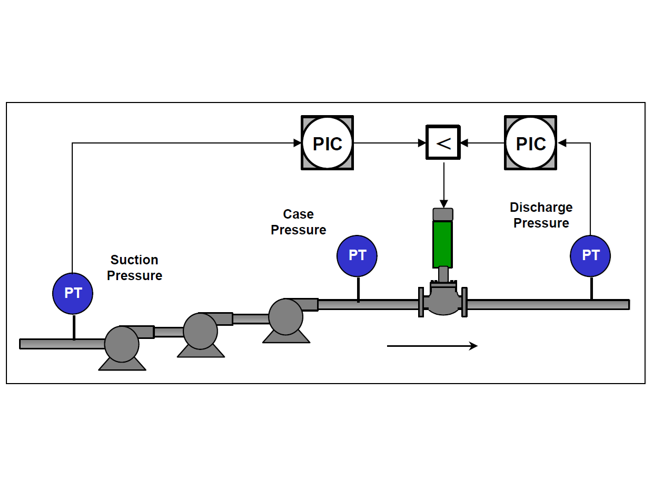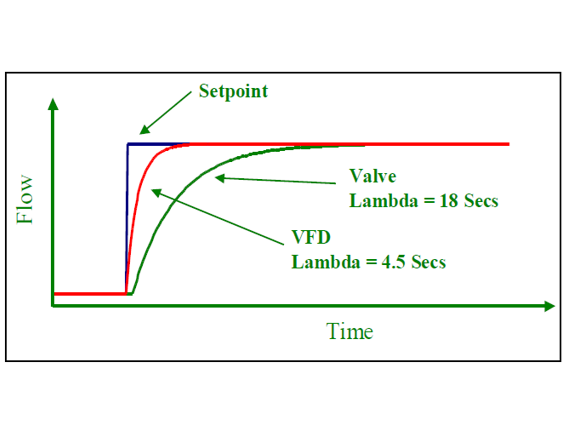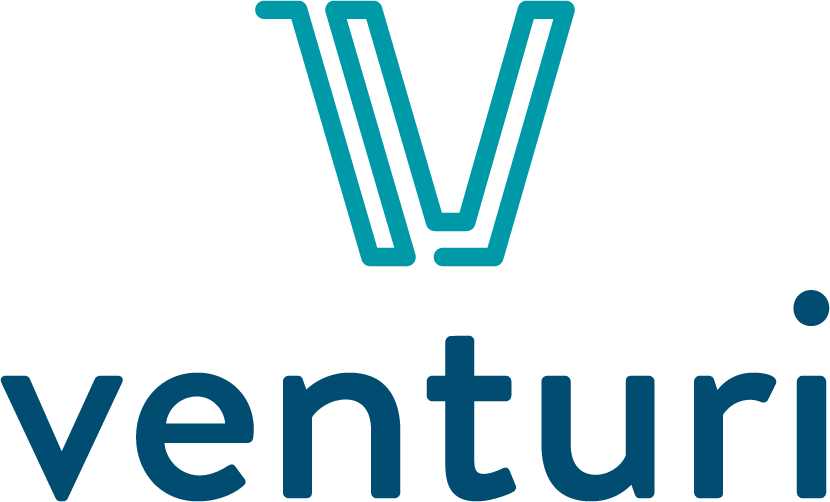Pipeline system pressure and flow control applications are somewhat unique. The pipeline control valves may spend much of their time wide open to minimize pumping costs but also need to respond quickly and accurately to sudden pressure excursions to prevent unscheduled line shutdowns.
One key to ‘good’ pipeline control is careful selection and sizing of the pressure/flow control valves in order to minimize non-linear dynamics and ensure valve stability. The control valve speed and resolution are also key requirements. A structured, scientific approach to control loop tuning is needed to ensure fast, stable controller response to upsets. Finally, the control strategy needs to compensate for the high non-linearity resulting from hydraulic design and the wide range of operating conditions.
The course is conducted by video conference. The class size in the video conference format is limited to 8 students.
Topics covered include:
- Pumping System Fundamentals
- Process Control Basics
- Understanding Process Dynamics
- Lambda Tuning Procedures
- Nonlinearity
- Pipeline Control Strategies
- Troubleshooting Pipeline Control Problems
Tyler Rushfeldt, P.Eng. has over 10 years’ experience across various aspects of the pipeline industry, notably steady state and transient hydraulics and currently specializing in pressure control applications.
Doug Nelson has over 30 years of industrial process control experience and process control training of operators, E/I techs and process control engineers.
No records found.

This two-day course begins with a review of pipeline process control needs and the basic functioning of control loops. Open loop bump testing to measure process dynamics, evaluate sensor, control valve, and VFD performance (resolution, speed of response), and develop Lambda tuning constants are the next core topics.
The most common pipeline control strategies are introduced. Analytical troubleshooting to identify / correct process control problems is the final topic.
Approximately 40% of the course is devoted to a computer-based lab, where the student demonstrates that they have understood the main concepts.
The course is primarily intended for instrument / electrical technicians, and operations engineers who want to improve their ability to optimize / troubleshoot pipeline process controls. It is an excellent introductory course for pipeline control engineers and beneficial for maintenance and design engineers.

The course is conduct by video conference.
